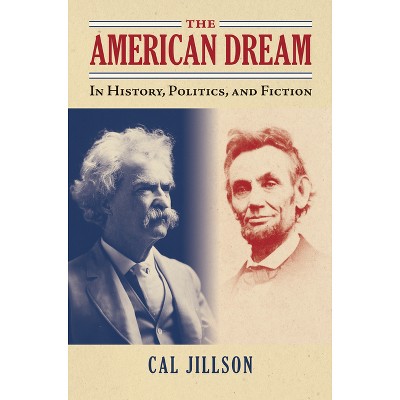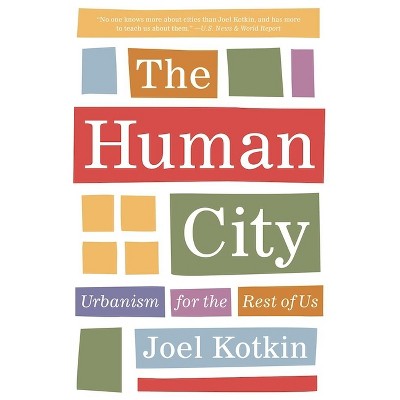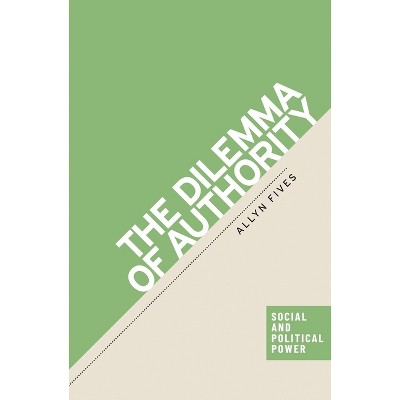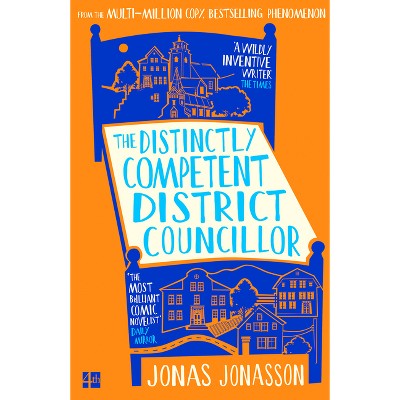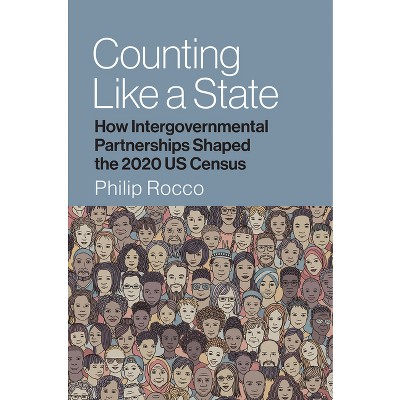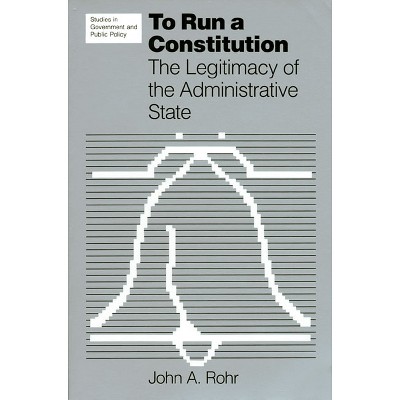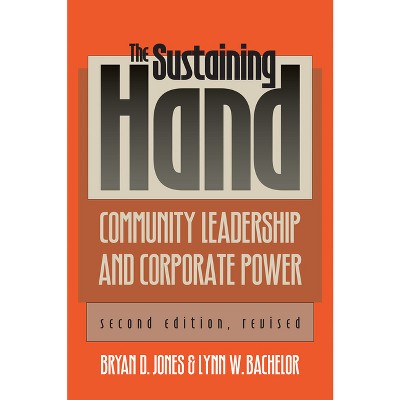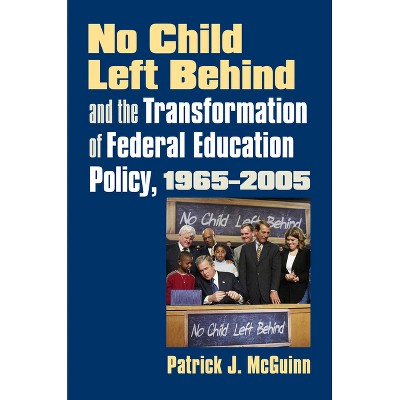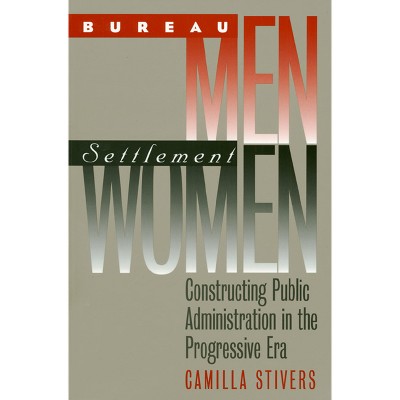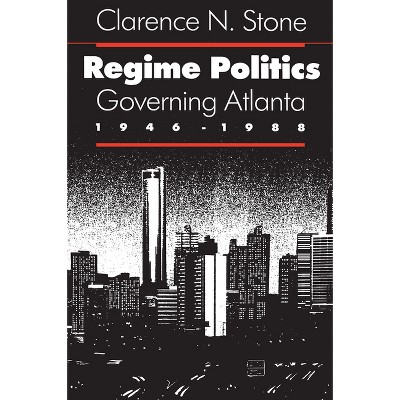Sponsored

Transforming the City - (Studies in Government and Public Policy) by Marion Orr (Paperback)
In Stock
Sponsored
About this item
Highlights
- As an avenue for progressive politics in a nation still skeptical of change, community organizing today faces significant challenges.
- Author(s): Marion Orr
- 294 Pages
- Political Science,
- Series Name: Studies in Government and Public Policy
Description
About the Book
A path-breaking book--the first to examine the evolution of community organizing in U.S. cities. While embracing mobilization, the contributors acknowledge the challenges inherent in globalization and the norms and values that shape contemporary American culture. Still, they reaffirm that community organizing has an important role to play as part of a broader progressive movement.Book Synopsis
As an avenue for progressive politics in a nation still skeptical of change, community organizing today faces significant challenges. This book assesses that activity within the context of political, cultural, social, and economic changes in cities--from World War II to the present--to show how community-based organizations have responded to these challenges. Transforming the City is the first book to examine the current state of community organizing in American cities, analyzing its place in contemporary progressive politics and assessing whether it has changed in response to changes in the political economy. Leading urban scholars from a wide range of disciplines offer original commentaries on the strengths and limitations of community organizing, a form of political and civic engagement that is too often overlooked by those who bemoan the decline in social capital. While embracing community organizing as a way to cope with the problems afflicting inner cities, these essays acknowledge the challenges inherent in globalization, de-industrialization, the demise of ward-based politics, and the values that shape contemporary American culture. They argue that larger changes in the political economy have reshaped the local ecology of civic engagement, thereby affecting the focus, orientation, and effectiveness of community organizing. The book features case studies from Chicago to New Orleans to El Paso, covering community organizations from many organizing networks and models, such as ACORN, IAF, PICO, and DART. These cases address key policy areas such as education and housing, and the role of race in these issues and in organizing in general. By examining the actual practice of this form of democratic politics, they also show the potential of community organizing for addressing concerns about Americans' disengagement from civic and political life. Whether pursuing longstanding problems about housing or more recent issues such as wages paid by big-box retailers, community organizing continues to have an important role to play as part of a broader progressive movement. As America decides what kind of society it wants to be, these insightful articles illuminate those larger trends in the local ecology that are forcing organizers to alter their strategies, operations, and visions for the future.Review Quotes
"An extraordinary read."--Journal of Community Practice
"A very fine book. . . . [that] can be used in a variety of courses. . . . Any class addressing citizen participation or problems of American democracy might employ it. Highly recommended."--American Review of Politics
"As the landscape of community organizing grows and changes, those who are interested in this field will be well served by reading this book carefully and by using it as a resource to guide future discussions about local, regional, national, and/or transnational organizing."--H-Net Book Reviews
"Good writing on community organizing is sparse, and much of it consists of how-to manuals, personal reflections from organizers, and case studies. Orr's recent contribution applies a welcome and surprisingly useful--at least to this organizer--sociological analysis to the field and raises important strategic issues. . . . The book pushes us to examine organizing through the prism of contemporary city and national progressive politics. . . . This book will help practitioners and lay readers alike think in new ways about the prospects for change in our metropolitan areas and beyond."--Shelterforce
"Community organizing for social change has a long and fruitful heritage. Orr skillfully edited a wide-ranging survey of its past and present activity and future challenges. Contributions include case studies from specific cities (Chicago, New Orleans, El Paso) and individual organizations (ACORN, PICO), community action over key issues (school reform under the No Child Left Behind Act), and broad assessments of community organizations in their local and national settings. Highly recommended."--Choice
"Today, when the polarized, unproductive, scripted quality of most party politics turns Americans off, when our mounting problems require skilled citizen engagement on an unmatched scale, and when many observers lament the erosion of civic life, we need new voices and approaches. Orr and his colleagues provide both in this remarkable and welcome volume."--Harry C. Boyte, Co-Director, Center for Democracy and Citizenship
"A rich and compelling portrait of the community organizing landscape in America. This is an important book for anyone interested in the possibilities and strategies of progressive politics."--Paul Osterman, author of Gathering Power: The Future of Progressive Politics in America
"This is simply the best overview of the field of American community organizing today. Marion Orr has gathered in one place cutting edge analysis by many of the leading scholars of contemporary organizing. The volume includes an excellent discussion of how the political, cultural, economic and social context for organizing has changed since the days of Saul Alinsky and the challenges these changes pose for contemporary organizing. Unlike most other treatments of community organizing, it pays serious attention to the dynamic relationship between local organizing and the forging of a national movement for social justice. Readers of this book will gain a rich understanding of the array of important efforts community organizers are making to build political power for those most left out of our political system."--Mark Warren, author of Dry Bones Rattling: Community Building to Revitalize Democracy
Shipping details
Return details
Frequently bought together
Trending Non-Fiction






